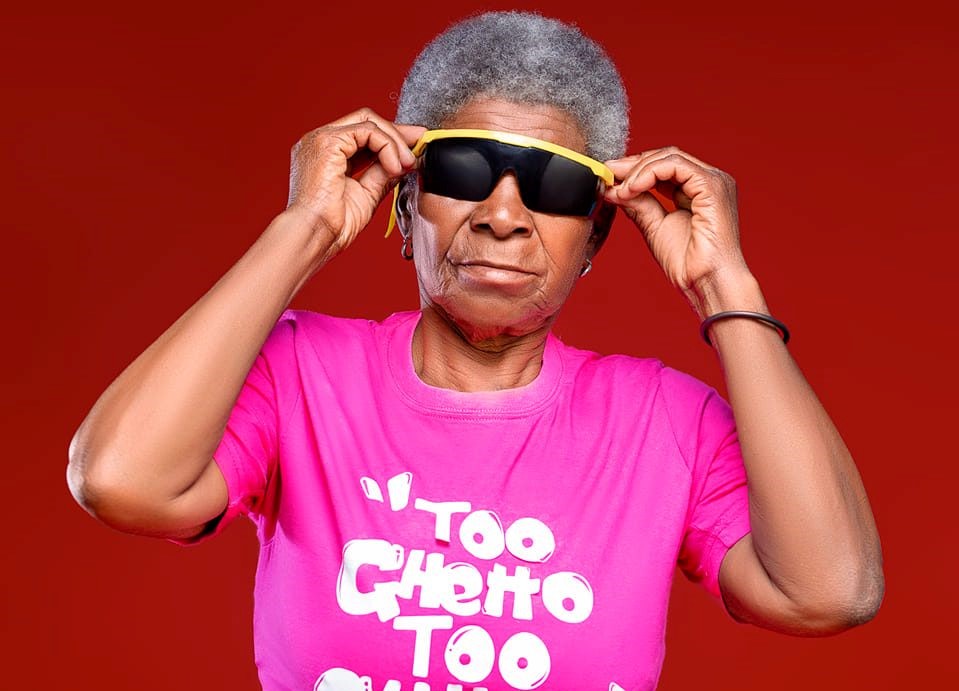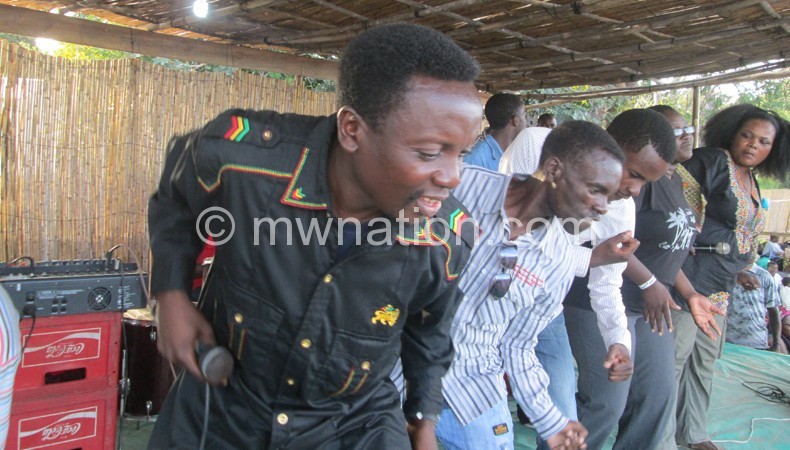Plucking guitars together
There is something about the guitar and music. Guitars give music an identity. The strokes, chords and rhythm of different types of guitars make your ear recognise rock, reggae, country and western, jazz, kwera and other genres.
As a matter of fact, great world musicians are also known for their skill in plucking the strings.
Bob Marley (remember Redemption Song?), Peter Tosh, the Beatles’ Paul MacCartney, Oliver Mtukudzi, Salif Keita and Alick Macheso are a few names coming off the head.
Even locally, generations of Malawi’s great musicians were guitarists first and foremost: Black Paseli, Daniel and Donald Kachamba, Allan Namoko, Robert Fumulani and Michael Yekha—the musicians that paved the way for Paul Banda, Wambali Mkandawire, Saleta Phiri, Stonard Lungu, Giddes Chalamanda and Ben Michael.

The younger generation has Erik Paliani, Edgar Kachere of the Edgar ndi Davis acoustic duo and musicians of the time, Patience Namadingo and Faith Mussa are guitarists at heart.
Walk through the unkempt, underutilised Blantyre Leisure Park on a Sunday afternoon and you will not fail to feel the stench from the Mudi River tickle your nose.
You see a few vehicles parked there with some men and women seated on the dry grass, studying for the next examination.
Then, your ear catches the sound of guitars. You make out different versions of the songs being played: Evison Matafale’s Nkhawa Biii! and Hillsong’s Hallelujah. Approach the music and you will find some youthful guitarists perfecting their skills on the instrument.
How these guitarists met and continue meeting every Sunday afternoon is evidence that information technology has not spared the arts.
On September 10 2014, Blessings Chilunga—a luther, someone who works in repairing stringed instruments—created a WhatsApp group, Guitar Room.
The purpose, he says, was to get in touch with guitarists who needed his services as an employee at Mtengo Instruments.
Coincidentally, designer-cum-musician Wachituta Thombozi had Play Guitar Club Malawi on Facebook where guitarists share ideas on their art.
“We formed the Facebook group after we had been meeting every Saturday. When I met Chilunga and discovered that we shared a common ground, we decided to maintain the WhatsApp group as well as the Facebook group. We urged our members to join both groups. Consequently, we began meeting physically,” says Thombozi.
How do things work?
A guitarist comes up with a short composition, which they call a ‘sobo’ after a local orange squash. The sobo is posted on the two groups, the members listen to it and suggest how it could be improved.
When they meet, they perfect the sobos posted during the week.
“This is a front for sharing knowledge to perfect our skills. In 2006, as a social sciences student, I wanted to enrol for a guitar course in the Music Department, but they rejected me.
“On campus, it was Faith Mussa who was helping us out. Here, I have learned on rhythm, chords and scales,” says 30-year-old Chifuniro Banda.
Banda, who is an assistant human resource manager, believes there is a lot he has learnt and the future looks bright.
“There is something about the guitar. It brings creativity. A guitar makes you think fast. We have guitarists who are making it big in the club and we also have t amateurs. We learn a lot from each other,” says Chilunga.
Another member, Khumbo Manda, says the interaction has helped him grow musically. He is looking forward to recording an album.
“The interaction brings inspiration. It is great for socialisation as I meet people with whom I share common love: guitars,” says Manda, who has worked as a session artist for Namadingo, Thombozi and Khama Khwiliro.
Twenty-year old Trust Kachimera says apart from his informal guitar lessons from Father Immanuel Mlenga, the virtual and physical interaction has enabled him to learn from great musicians such as Faith Mussa.
“No man is an island. Art should progress,” says the Chilomoni-based guitarist.
According to Thombozi, the guitar is an instrument that, like the flute and saxophone, talks to the heart and soul of the listener. For him, perfecting guitar skills can help bring out that original Malawian sound that has been missing in recent times.
“With the coming in of computer-based productions, the guitar has rarely been used, virtually killing the Malawi beat. This interaction is also happening in Lilongwe and we have female guitarists as well. We are planning for a guitar performance in Blantyre next month,” he says.





